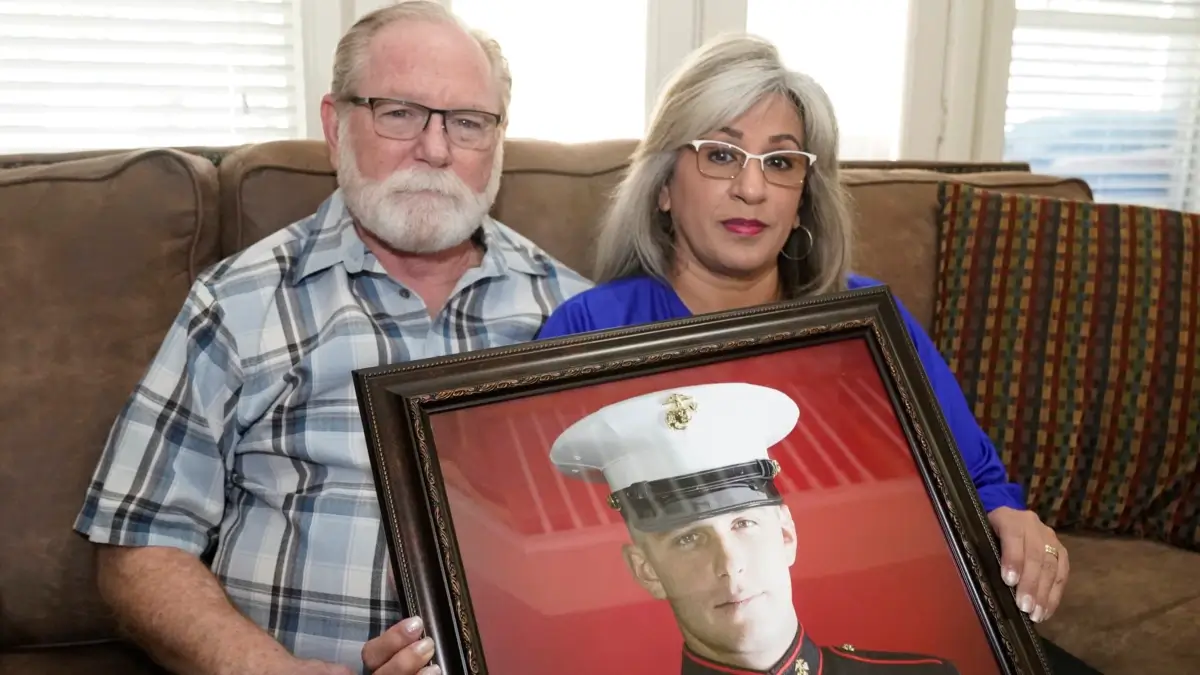When relatives of American oil executives jailed in Venezuela met virtually with a senior Justice Department official this month, it didn’t take long for their frustrations to surface.
They pressed the official on the prospects of a prisoner exchange that could get their loved ones home but were told that was ultimately a White House decision and not something the U.S. government was generally inclined to do anyway. And they vented about the extradition to the U.S. of an associate of Venezuelan President Nicolas Maduro, an action that inflamed tensions with Caracas and resulted in the American captives being returned to jail from house arrest that day.
The meeting, not previously reported and described by a person who participated in it, ended without firm commitments. But it underscored the simmering frustrations directed by some hostage and detainee families toward the Justice Department, an agency they see as unwilling to think creatively about ways to bring their relatives home from abroad and stubbornly resistant to the possibility of exchanging prisoners.
“The question remains of how to get the Department of Justice to fully engage in the process of recovering hostages and wrongful detainees,” said Everett Rutherford, whose nephew, Matthew Heath, is being held in Venezuela on what the Tennessee man’s family says are bogus weapons charges. “And there hasn’t yet been an answer given to that yet — except for the fact that we’ve been told that the president himself can direct them to do so.”
The Justice Department isn’t typically thought of as a lead agency in hostage matters. The State Department, after all, has diplomatic tools at its disposal and is home to the government’s chief hostage negotiator, while the Pentagon has authority to launch military raids to free hostages from captivity. The three agencies’ interests aren’t always necessarily in sync on hostage issues, which can be overshadowed by broader national security or diplomatic concerns — or,…

